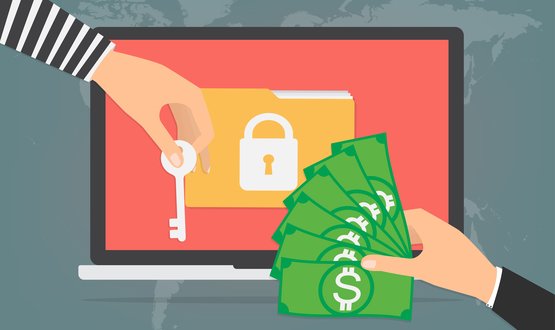A total 12 out of 14 health boards in Scotland experienced only minor disruptions following Friday’s global ransomware attack, with two escaping the attack completely.
It has been labelled as the biggest cyber-attack in history with a total of 200,000 computers directly affected by hackers, but despite its global impact, Digital Health News can confirm the majority of Scottish health boards experienced disruptions mainly to GP practices with no hospital sites or services affected.
The two unaffected health boards escaping WanaDecrypter’ ransomware were NHS Shetland and NHS Orkney.
Digital Health News understands that NHS Wales also managed to avoid hospitals being hit by Friday’s cyber security attacks.
Scottish health secretary Shona Robison confirmed that there has been no evidence that patient data has been compromised and patient services, including emergency service, are continuing to operate across Scotland.
Most health boards confirmed Robinson’s statement saying patient care remains unaffected and no (patient) data has been lost.
NHS Tayside had the highest number of GP practices (ten) affected by the attack. However, a spokesperson said they are now operating as normal with no disruption to appointments and services. “Patients should continue to attend and contact their GP Practice in the usual way.”
At NHS Western Isles, the radiology system has been affected and while it has had no impact on the care delivered locally, a spokesperson said it has affected their ability to share images with mainland Boards.
“As a result of the attack, we will be reviewing and further strengthening our system protection arrangements,” the spokesperson said.
Those health boards which have identified areas of contamination such as GP practices have immediately been disconnected and isolated from the network with measures being undertaken to cleanse, repair and protect. Constant monitoring continues.
In light of the attack, justice secretary Michael Matheson said the Scottish Government is taking action to enhance security, including contacting more than 120 public bodies to ensure they have appropriate defences in place.
“One of the most common methods of infecting computer systems is through links and attachments in emails”, Matheson said.
“Therefore I would urge everyone to think twice before clicking on attachments or links from sources that they don’t know.”
For tips on how to prevent and recover from cyber-attacks, click here.

